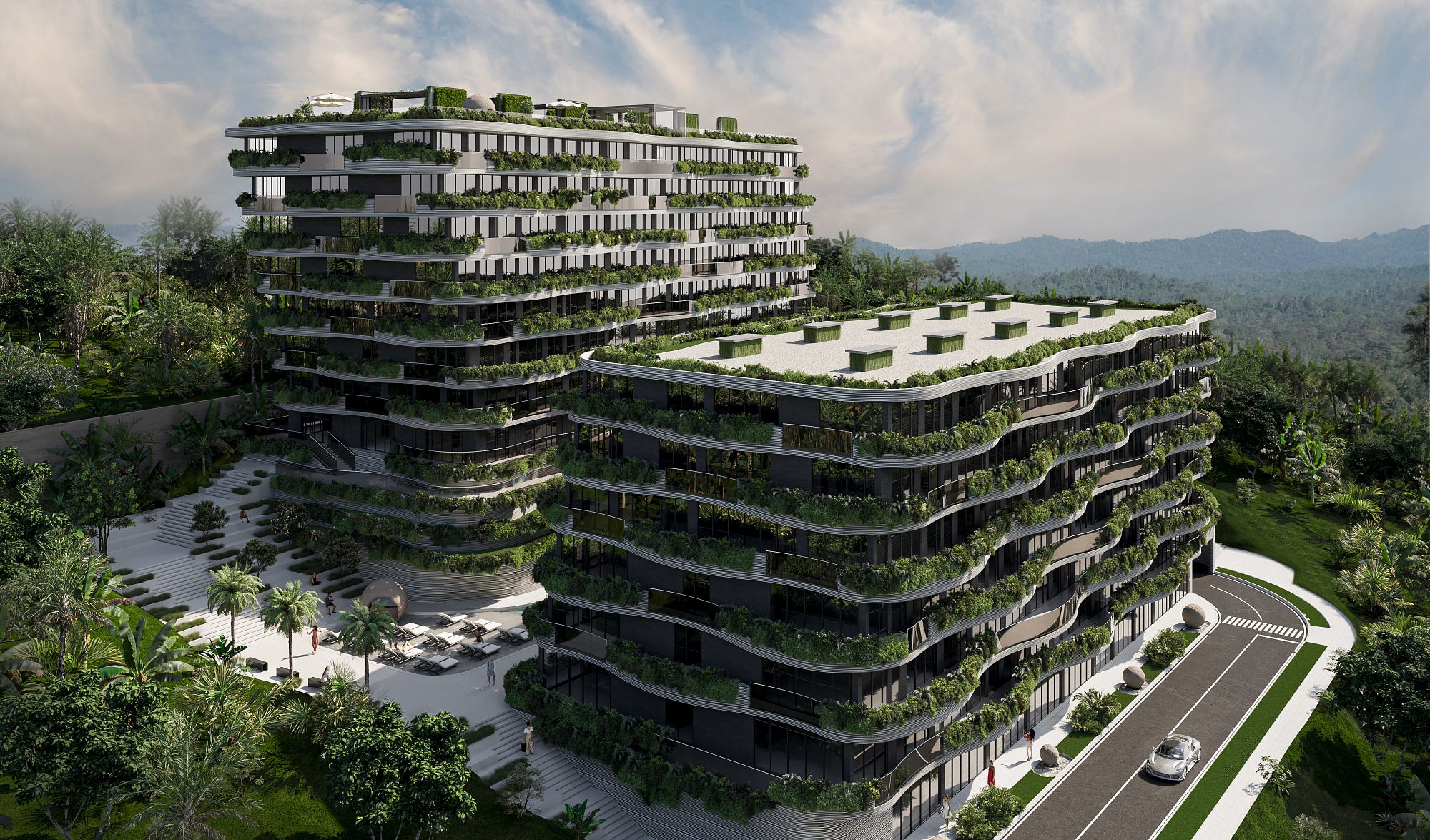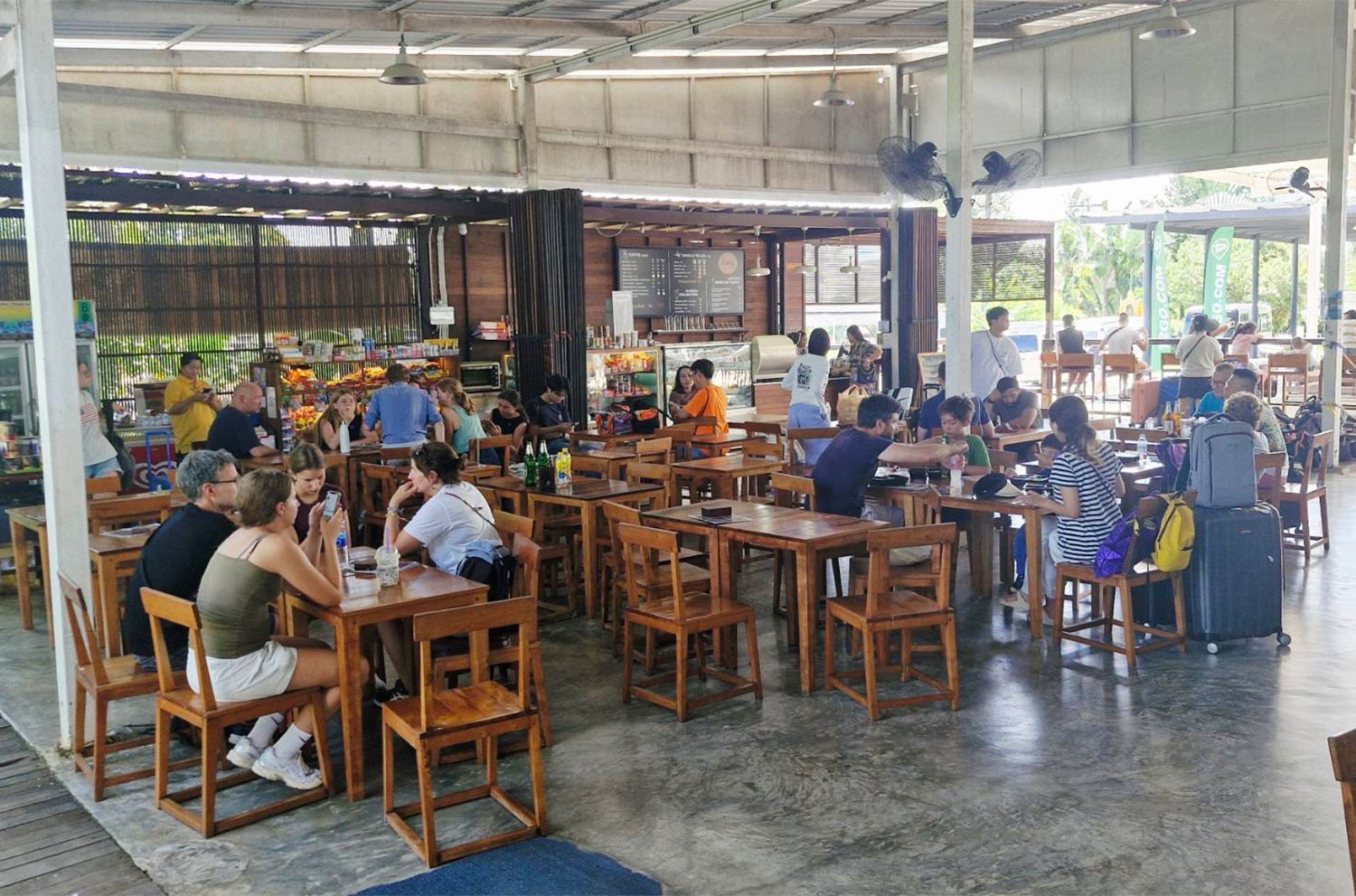Phuket’s Property Market Faces Oversupply Challenges
Why Is Phuket’s Real Estate Market Stalling?
Phuket’s residential property sector is grappling with an oversupply crisis, with more than 10,000 unsold units flooding the market. Driven by a post-pandemic construction boom and shifting buyer preferences, this surplus is putting pressure on developers and raising concerns about the island’s real estate sustainability, impacting its reputation as a prime investment destination.
Factors Contributing to the Property Glut
What Caused Phuket’s Residential Oversupply?
The surge in unsold units stems from overzealous development during the tourism recovery, coupled with a slowdown in foreign demand due to economic uncertainties. High-end condominiums and villas, once popular among international buyers, now dominate the surplus, as local purchasing power remains limited, exacerbating the market’s imbalance.
Impact on Developers and Investors
How Are Developers Responding to the Surplus?
Developers are facing financial strain, with many offering steep discounts and flexible payment plans to attract buyers. Investors, particularly those targeting short-term rental markets, are reevaluating strategies as rental yields decline. The oversupply has sparked calls for stricter regulations to curb unchecked development and stabilize Phuket’s property landscape.
Shifting Buyer Preferences in Phuket
Who Is Still Buying Property in Phuket?
While foreign retirees and digital nomads continue to show interest, demand is shifting toward affordable, mid-range units rather than luxury properties. Buyers now prioritize sustainable designs and proximity to amenities, prompting developers to rethink project scales and focus on catering to evolving market needs to clear the backlog.
Future Outlook for Phuket’s Real Estate
What’s Next for Phuket’s Property Market?
Analysts predict a slow recovery unless developers pivot to align with current demand trends and government policies address oversupply risks. Collaborative efforts to promote Phuket as a long-term investment hub, coupled with targeted marketing to emerging markets, could help absorb the surplus and restore balance to the island’s real estate sector.









